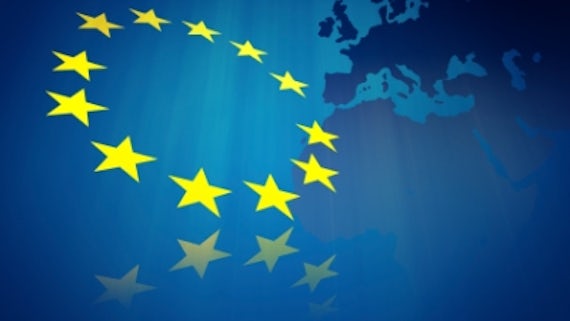Under the spotlight: European funding
21 Hydref 2013

Representatives from the European Commission are to speak to leading academics at the GW4 Horizon 2020 conference, being held in Bristol to highlight the research opportunities available under a new €70.2billion programme for research and innovation.
Around 400 delegates from the GW4 group of universities – Bath, Bristol, Cardiff and Exeter - will be given an overview of the European Commission's Horizon 2020 funding programme to address global challenges when they meet in the At-Bristol science centre (Wednesday 23rd October).
The GW4 alliance was formally announced in January, bringing together a high concentration of research expertise and capability in the South West of England and Wales.
The combined research excellence of the GW4 alliance - named after Brunel's historic railway line the 'Great Western' - links the four partners together and creates an exciting new research powerhouse.
Among the speakers will be senior representatives from the European Research Council, Marie Curie and the European Commission's Future and Emerging Technologies (FET) unit.
Vice-Chancellor, Professor Colin Riordan said: "GW4 is delighted to be hosting European Commission representatives and learning more about this extremely important new programme.
"The collaboration is already making good strides forward and this conference will provide an excellent opportunity to identify research synergies across a wide range of challenges from health to climate change."
Horizon 2020 is the EU's new programme for research and innovation, which runs from 2014 to 2020 and is part of the drive to create new growth and jobs in Europe.
The research it funds will help address major concerns shared by all Europeans, such as climate change, developing sustainable transport and mobility, making renewable energy more affordable, ensuring food safety and security, and coping with the challenge of an ageing population.
The programme also aims to strengthen the EU's position in Key Enabling Technologies, such as nanotechnologies, advanced materials, biotechnology and space.